What are the edible values of the tapioca pearls?
The tapioca pearls as well as the boba or tapioca balls are usually made by the commercial tapioca pearl maker from fine cassava flour, which has a crystal clear appearance and a snack food with a high intrinsic nutritional value. Tapioca pearls are often a common ingredient in all types of milk tea. So what nutritional…
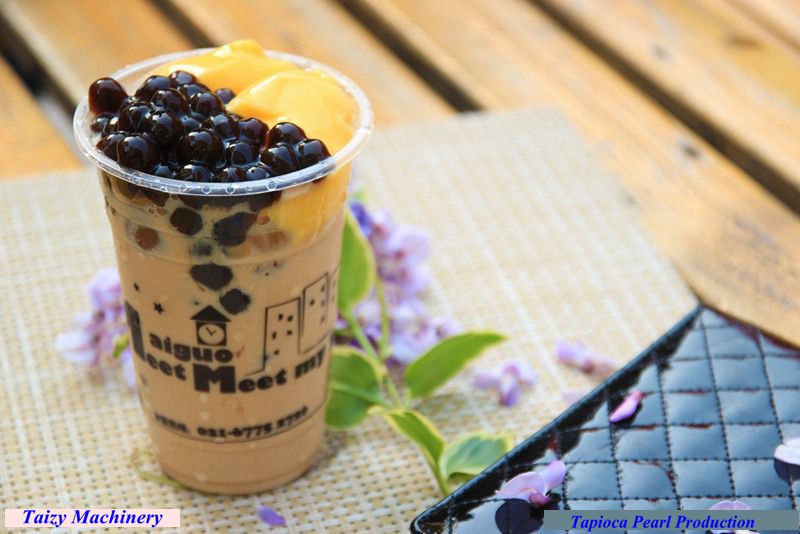
The tapioca pearls as well as the boba or tapioca balls are usually made by the commercial tapioca pearl maker from fine cassava flour, which has a crystal clear appearance and a snack food with a high intrinsic nutritional value. Tapioca pearls are often a common ingredient in all types of milk tea. So what nutritional value does cassava tapioca pearl have?
How are the tapioca pearls made?
The raw materials for making the boba pearls are mainly the cassava flour or starch powder. We can make these tapioca pearls by hand or choosing the automatic boba maker machine for helping.
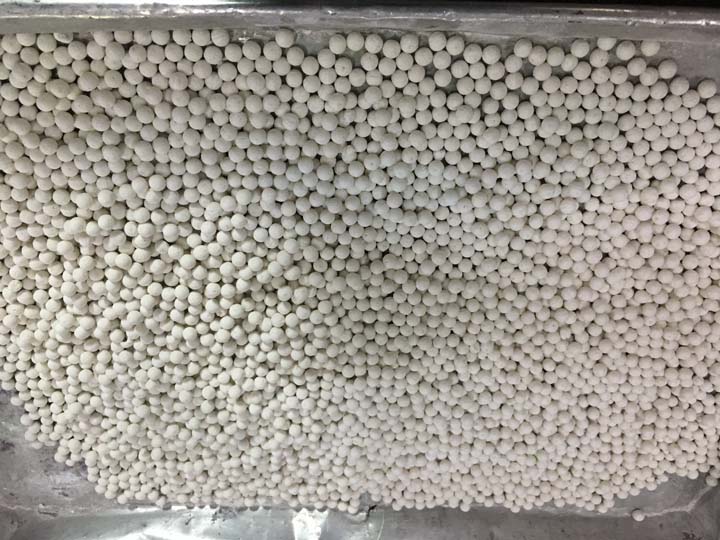
If you want to produce milk tea pearls in large quantities, you are better off buying a high-quality tapioca pearls processing machine, which will save you working time and create greater economic benefits. Many of our Japanese customers choose this machine to make milk tea pearls for their tea shops.
The main edible advantages of the tapioca pearls
- Free of common allergens
The tapioca starch used to make milk tea pearls does not contain gluten, nuts, and grains, so people who are allergic to grains, gluten-sensitive, and nuts are very friendly.
In particular, many manufacturers of gluten-free products use tapioca starch in their production processes. Tapioca starch can replace other starches to thicken soups, sauces and snack fillings.
- Especially easy to digest
Cassava starch is particularly mild to the stomach. It is easier to digest than any cereal flour or nut flour. For diseases such as irritable bowel syndrome (IBS) and diverticulitis that can cause gastrointestinal upset, doctors may recommend tapioca flour as a suitable source of calories.
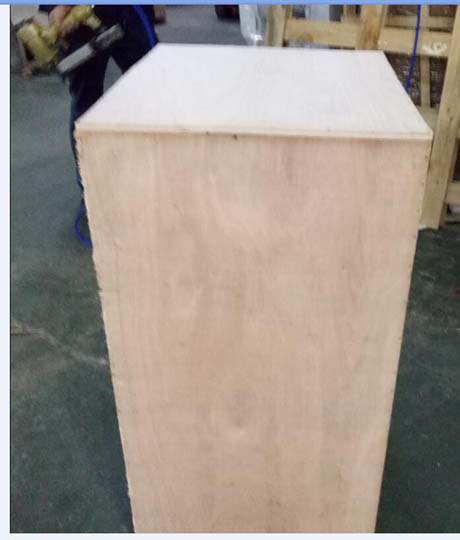
- Supplement the body with iron
Cassava flour is a good source of iron. A cup of cassava pearls provides a recommended daily value of 2.4 mg. Depending on age and gender, the average person needs iron in the range of 7-18 mg. To optimize the absorption of iron from tapioca pearl, it is best to eat it with a source of vitamin C. These increase the amount of iron absorbed by the body.
Related Content
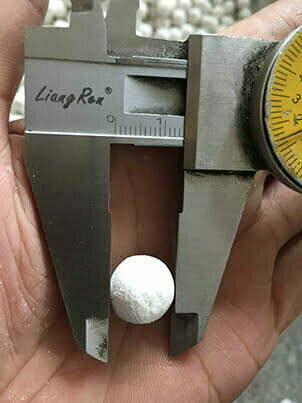
Boba pearl making machine shipped to America
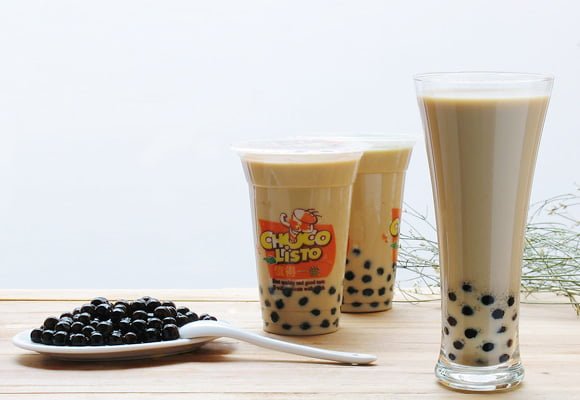
Why is pearl milk tea so popular in Japan? Tapioca Pearls imports are the highest in 18 years
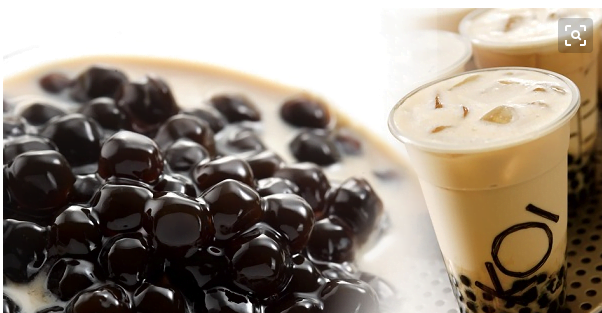
How are tapioca pearls in bubble tea made? Comprehensive answers here!
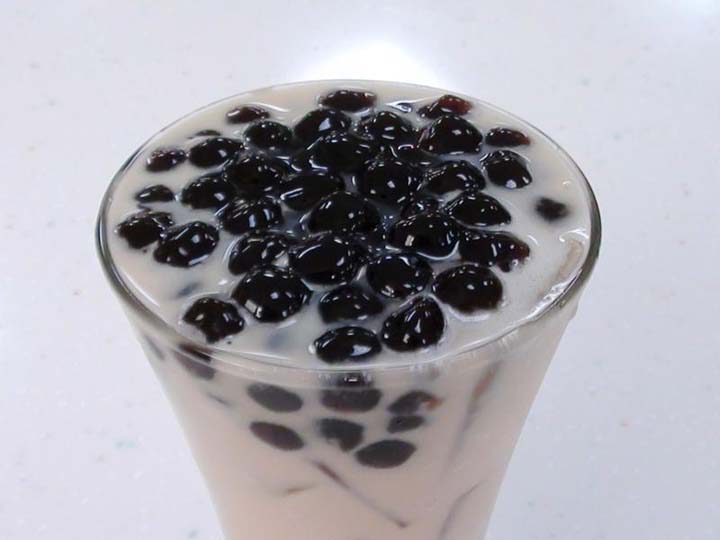
Japanese customer bought a boba maker machine with the capacity of 50kg/h


